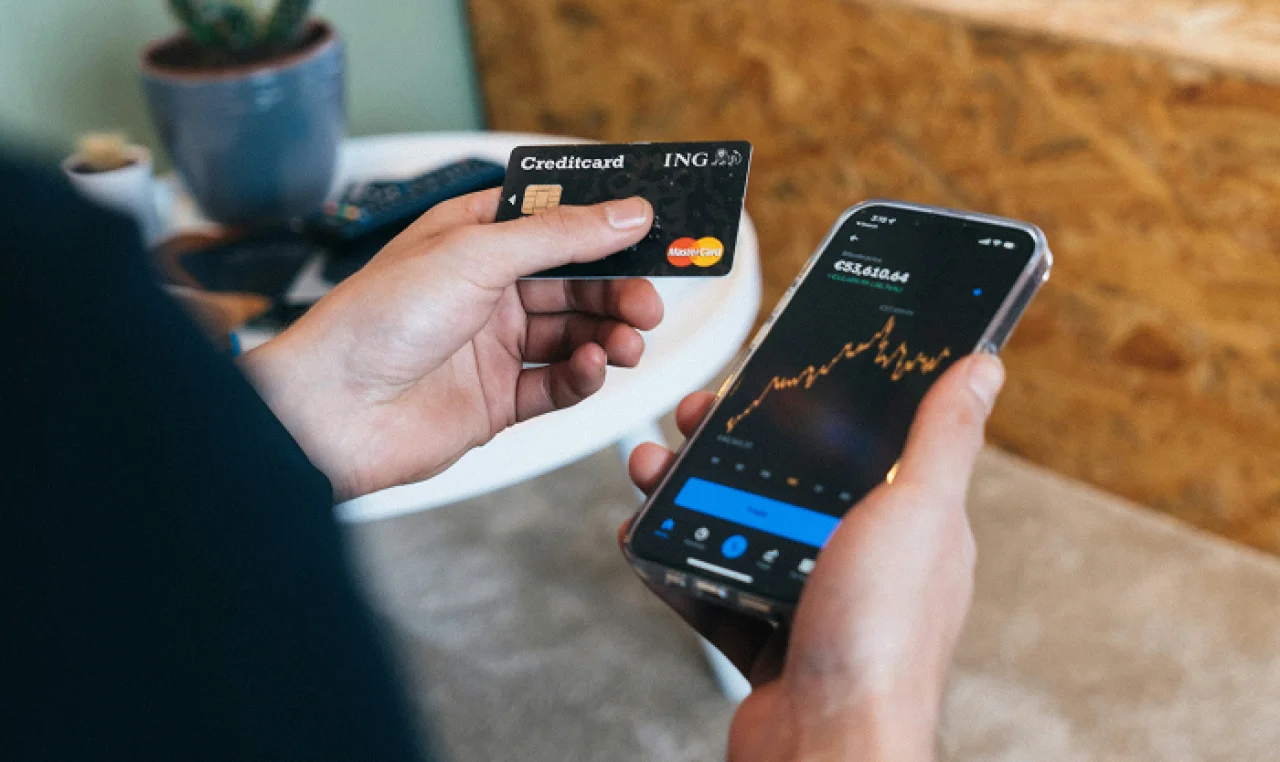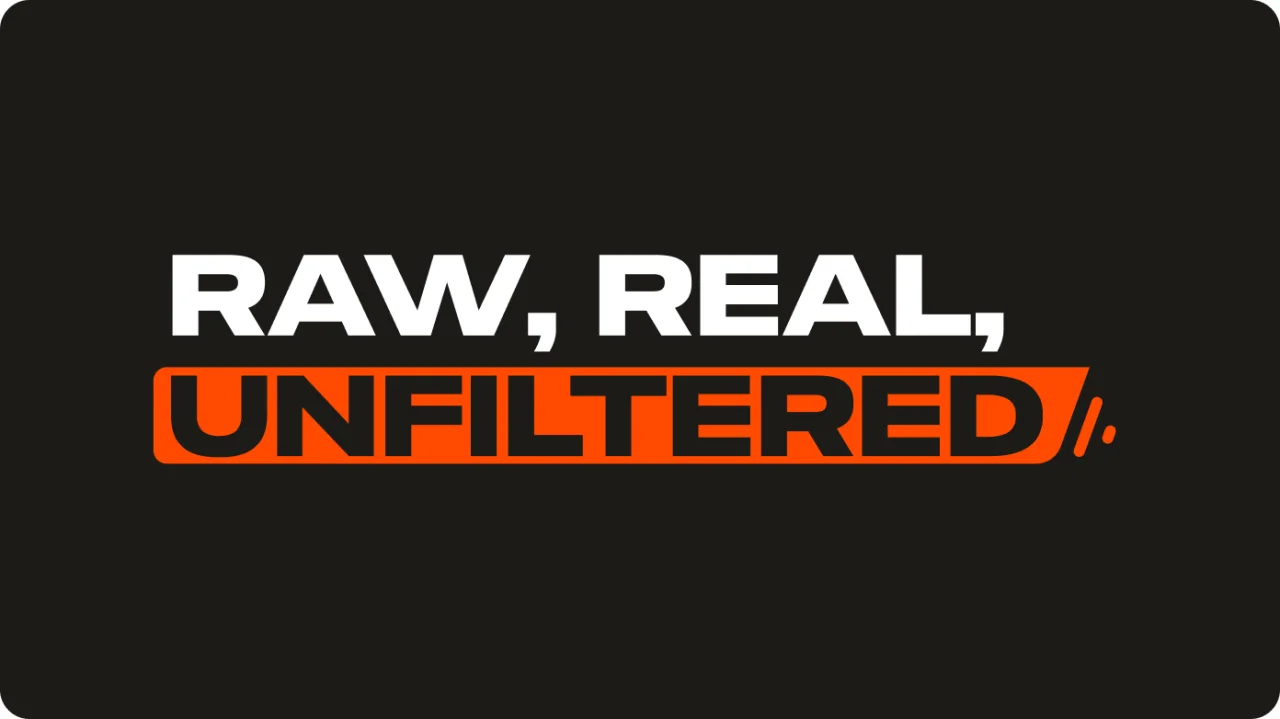Will Personal Debt Hold You Back?
Your personal debt can impact your business, especially in the early stages. Most lenders and credit card companies look at your personal credit score, not your business credit, when you’re just starting. A high debt-to-income ratio or late payments could disqualify you from small business loans or financing. And yes, that startup dream with investors or an SBA loan will probably require a personal guarantee, meaning if your business fails, they can come after you.
Does Business Debt Affect Personal Credit?
This one’s tricky. The short answer is: yes, if you signed a personal guarantee. Most banks, credit card companies, and vendors will require one until your business is well-established. That means if your business racks up debt and can’t pay it back, your personal credit score takes the hit.
On the flip side, you’re in safer territory if you’ve kept things separate, no commingling of funds, and all debt in the business’s name without a guarantee. But for most new entrepreneurs, those clean lines are hard to draw.
Starting a Business While in Debt: How to Do It Smart
Let’s get into the meat of how to start a business while in debt without digging yourself into a deeper hole.
1. Choose the Right Business Structure
Forming a limited liability company (LLC) or corporation can help separate your personal and business finances. In most cases, this creates a legal barrier between your personal assets, like your home or savings, and your business liabilities.
But just forming an LLC isn’t enough. You need to run your business like a business. This means separate bank accounts, clear records, and no personal use of business funds.
Pro tip: Check your state’s LLC laws. For example, under California law, members of an LLC aren’t personally liable for debts solely by being members unless they pierce the corporate veil through sloppy accounting or fraud.
2. Open a Business Bank Account (and Use It)
One of the easiest ways to protect yourself is to open a separate business bank account. This keeps your finances clean and helps show that your business is its own entity. Be warned: If you start funneling personal debt through that account or using business funds for personal expenses, you risk losing that protection in court.
Can a Business Account Be Garnished for Personal Debt?
In most cases, no, but it’s not a hard never. If you’re a sole proprietor, your business and personal finances are legally the same. That means if a creditor gets a judgment against you, they can garnish your business account. Even with an LLC, if you treat your business like an extension of yourself (e.g., co-mingling funds), a judge could allow garnishment.





